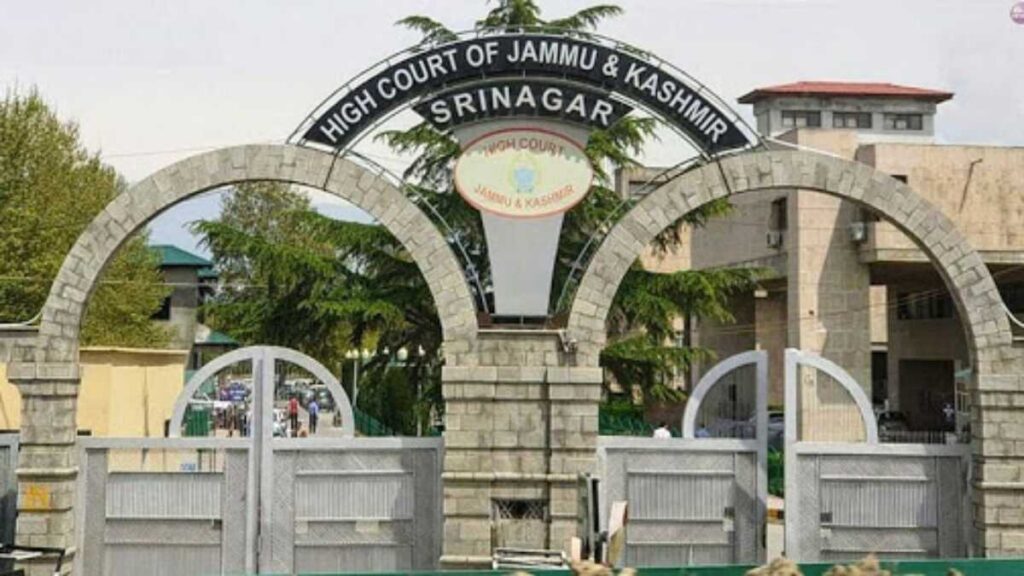
High Court of Jammu and Kashmir and Ladakh Recognizes Kashmir Advocates’ Association Amidst Controversy with JKHCBA
Last Updated on July 1, 2024 by News Desk
Issue:
The High Court of Jammu and Kashmir and Ladakh has granted recognition to the Kashmir Advocates’ Association (KAA) under Section 58 of the Advocates Act, 1961, following a recommendation from the Full Court on June 8, 2024. This recognition comes at a time of significant controversy surrounding the Jammu and Kashmir High Court Bar Association (JKHCBA), which has faced administrative actions for its alleged secessionist ideology.
Rule:
Under the Advocates Act, 1961, and the Advocates’ Welfare Fund Act, 2001, the High Court possesses the authority to recognize bar associations. The KAA’s recognition is seen as a move to ensure the welfare of advocates in the region.
Application:
The decision to recognize the KAA was officially communicated by the High Court Registrar General, Shahzad Azeem. The KAA, led by President Advocate Waseem Gul and Vice President Advocate Mubashir Majid Malik, aims to enhance the welfare of the legal fraternity. Gul emphasized that the recognition marks the beginning of a new era for the welfare of advocates.
Simultaneously, the JKHCBA, which has represented lawyers at the Srinagar Bench for years, is under scrutiny. The District Magistrate of Srinagar imposed restrictions under Section 144 of the Code of Criminal Procedure (CrPC) on June 25, halting elections for the JKHCBA’s office bearers. This action was based on a communication from the KAA, which questioned the legality and authenticity of the JKHCBA, claiming it to be an unregistered association and calling for a ban on its elections.
The Senior Superintendent of Police (SSP), Srinagar, conducted an inquiry and reported that the JKHCBA, while advocating for a peaceful resolution of the Kashmir issue, also promoted a secessionist ideology. Concerns were raised about potential law and order issues if the elections were conducted. Consequently, the District Magistrate directed a halt to the elections, echoing a similar action taken against the JKHCBA in 2023.
Conclusion:
The recognition of the KAA by the High Court marks a significant development in the legal landscape of Jammu and Kashmir and Ladakh. It underscores efforts to support the welfare of advocates while highlighting ongoing tensions and administrative actions against the JKHCBA, reflecting the complex legal and political environment in the region.
Written by — Athi Venkatesh AVD




